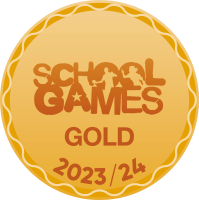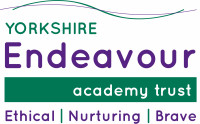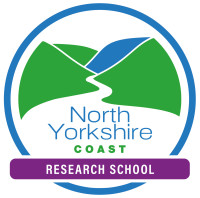|
Intent
Curriculum design, coverage and appropriateness
|
Our intent for Maths is:
- To provide a clear teaching sequence, building on children’s prior knowledge and skills.
- To ensure that children achieve ‘Mastery’ in a safe and happy environment taking learning outside where appropriate.
- That children will try hard when learning becomes difficult, using their resilience skills to solve the problem.
|
|
Implementation
Curriculum delivery
Teaching (pedagogy)
Assessment (formative and summative)
|
We implement this in school through a range of different strategies:
- For our EYFS children, Maths is taught daily for a fifteen-minute discrete session, following the White Rose programme of study, linking with the whole school approach, as well as the continuing in-provision support. Adults, whether teaching a discrete maths session or supporting children, consistently model the use of mathematical vocabulary in a variety of contexts so that children become confident with using it themselves. Opportunities for maths are threaded through all areas of provision and areas of learning are enhanced by making real-life links to maths. This encourages all children to remember and apply their mathematical knowledge across both number and shape, space and measure strands.
- Our KS1 and KS2 children follow White Rose Maths schemes of learning to ensure that there is a clear progression through the National Curriculum with the belief that all our children can and will succeed in mathematics.
- Times Table Rockstars. This is a strategy that is used in every classroom from Y2-6 and valuable support at home, to ensure children are continually working on their Times Tables and recall facts.
- Our ‘Teaching for Mastery’ model; a creative and innovative sequential approach to Maths.
The Teaching for Mastery Model focuses around 5 strands of Maths and is a sequential model of teaching, which is taught across school.
The term ‘Teaching for Mastery’ captures what it means for anyone to learn mathematics successfully. Teaching for Mastery consists of the following five components, or strands:

The model consists of:
- Coherence - Lessons are broken down into small, connected steps that gradually unfold the concept, providing access for all children and leading to a generalisation of the concept and the ability to apply the concept to a range of contexts.
- Representation and Structure - Representations used in lessons expose the mathematical structure being taught, the aim being that students can do the maths without recourse to the representation.
- Mathematical Thinking - If taught ideas are to be understood deeply, they must not merely be passively received but must be worked on by the student: thought about, reasoned with and discussed with others.
- Fluency - Quick and efficient recall of facts and procedures and the flexibility to move between different contexts and representations of mathematics.
- Variation - Variation is twofold. It is firstly about how the teacher represents the concept being taught, often in more than one way, to draw attention to critical aspects, and to develop deep and holistic understanding. It is also about the sequencing of the episodes, activities and exercises used within a lesson and follow up practice, paying attention to what is kept the same and what changes, to connect the mathematics and draw attention to mathematical relationships and structure.
This model is used to ensure that children are given opportunities to develop their own skills and are exposed to each area on a constant basis.
|
|
Impact
Attainment and progress (including national tests and assessments)
|
The impact of our Maths approach is:
- Children can talk confidently about Maths and the concepts surrounding fluency, reasoning and problem solving.
- Children have a genuine love for Maths and challenge one another in a safe environment
- Children have excellent arithmetic strategies and determine the most efficient strategies to suit them
- Children reason and problem solve with confidence.
Impact is also measured through outcomes, nationally reported at Early Years, End of KS1 and End of KS2 data. Maths outcomes are internally recorded on a termly basis.
Impact is also measured through the school’s assessment systems, which include:
- Professional judgements
- Post unit assessments (White Rose)
- Summative Assessments (White Rose assessment)
Our maths leader is part of a Teacher Research Group, working with other professionals to further improve our mathematics provision.
|












